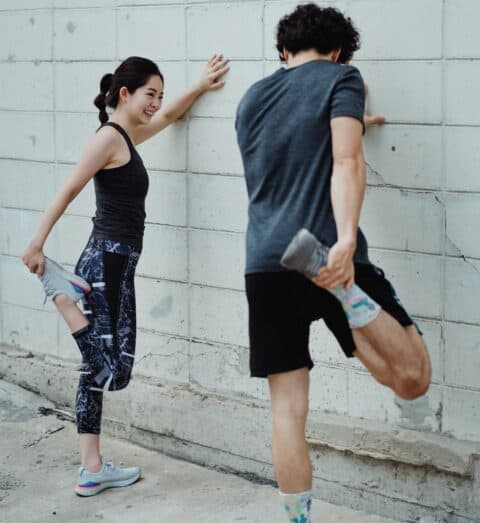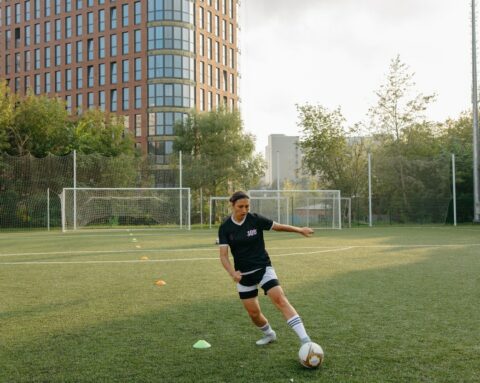The term swimmer’s shoulder is an all-encompassing phrase useful in describing many injuries that can relate to swimming specific injuries and other shoulder injuries. There are many factors both biomechanical and structural that can cause pain in swimmer’s shoulder. ⠀
The pain is usually located in the injured joint however it can also refer to other areas of the body such as the upper arms or in the thoracic. Most issues to do with swimmer’s shoulder arise from overuse.
When you are someone that regularly swims, the most common injuries that you may experience are shoulder injuries. ⠀
Cause
The shoulder pain that occurs from swimming is almost always derived from a variety of factors such as:⠀
– Fatigue, overuse or improper control of muscles⠀
– Incorrect stroke biomechanics⠀
– Shoulder looseness⠀
It is important to have your shoulder checked asap as symptoms can get worse if training continues. The shoulder pain you experience is primarily due to a muscular imbalance between your rotator cuff and dominant muscles such as you adductors. ⠀
Diagnosis
If your shoulder pain is assessed or treated early you may be able to greatly lessen the longevity of the injury. Once the injury is diagnosed it is important to have a coaching plan that can be implemented immediately to adjust your swimming technique and have you swimming correctly. ⠀
If you do not get your shoulder assessed as soon as possible, chronic shoulder problems can often persist for 3 to 12 months.
What is the best way to prevent Swimmers Shoulder?⠀
The most effective way to reduce your chance of developing swimmers shoulder is to use swimmer screening tests to assess the current risk status of your shoulder. 🏊⠀
Your myotherapist will be able to guide you on some customised methods that will work with your swimming technique to reduce the risk!
Swimmer’s shoulder is one of the more complex injuries that we see commonly at Studio Musculoskeletal. It is normal for the injury to recur if you do not undergo the proper rehabilitation procedures and try to recover too quickly!
It is important to remember that swimming with poor joint flexibility, biomechanics or muscle control can lead to other issues associated with the shoulder joint. ⠀
If all of these factors are not working as intended it is common for swimming to aggravate your rotator cuff. It is crucial to focus on using proper technique and rehabilitation techniques to avoid injuries such as rotator cuff tears or tendinopathy!
Recovery
When recovering from Swimmer’s Shoulder there is no particular time frame that you should work towards. Every individual’s injury will be different and many factors help to determine your rehabilitation status. ⠀⠀
These factors are; your swimming technique, your ability to perform each swimming stroke and your amount of training. Your myotherapist will closely monitor your profession to prevent reinjury and frustration! ⠀
If possible your swimming coach and myotherapist should be in communication to ensure the best recovery process.
Book a session with Studio Musculoskeletal today
http://www.studioms.com.au/book-your-appointment-online/






